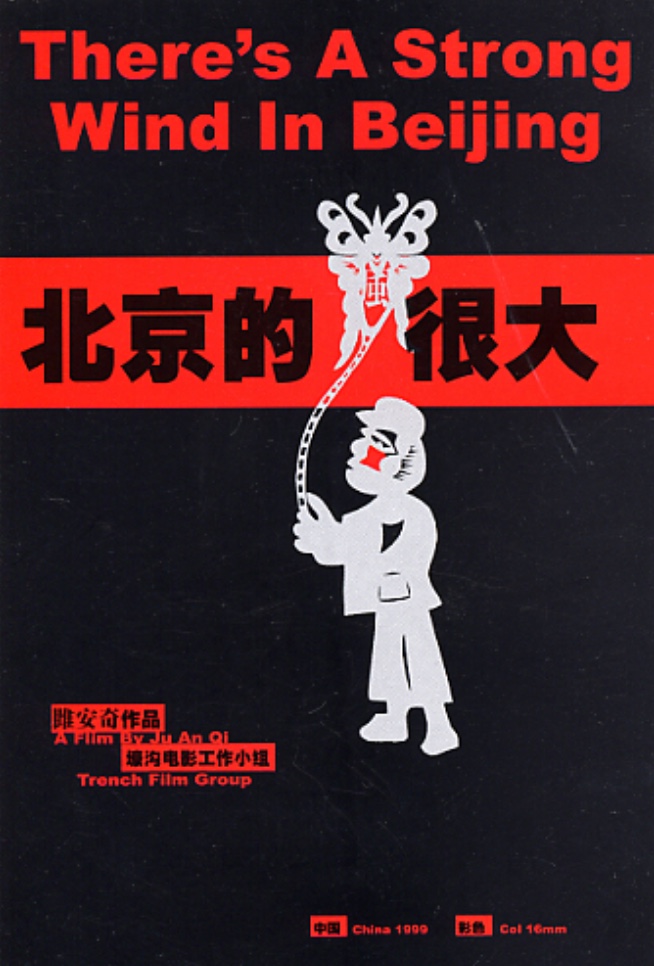베이징에는 강풍이 분다 There’s A Strong Wind in Beijing_쥐안치 Ju Anqi


베이징에는 강풍이 분다 There’s A Strong Wind in Beijing_쥐안치 Ju Anqi
China / 1999 / Color / Sound / 50min / 16mm on SD
Description
이 영화의 전제는 간단하다. 제작진들은 “베이징에 바람이 강하게 분다고 생각하느냐?”는 질문을 무작위로 던진다. 제각각의 사람들과 이어지는 상호작용은 의미론적 수준보다는 수행적 수준에서 이해하는 것이 바람직하다. 날씨에 대한 무의미한 질문에 관계없이, 우리는 오히려 사회적 상호작용을 목격하게 된다. 단순히 말 뿐만 아니라 우리는 길 위에서 마주치는 사람들이 예기치 않은 질문에 어떻게 반응하는지 관찰할 수 있다. 길거리에 있는 사람들은 미디어에 다양한 방식으로 반응한다. 때로는 불합리한 질문에 당황하기도 하고, 예를 들면 "이전에는 강했었다. 베이징 주변의 보호림도 효과가 있다.”고 말하는 것처럼 감독의 질문에 대해 서사적으로 더욱 정확한 의미를 더하기도 한다. 다큐멘터리 전반에 지속되는 여러 형태의 무모한 만남은 베이징의 거리에 대한 놀라운 양의 정보와 당대의 삶의 단편을 포착한다. 현상미학과 동일시되는 우연에 기반한 촬영의 원리는 감독이 백혈병에 걸린 아이를 둔 절망적인 부모와 마주쳤을 때 영화가 종반부를 향해가는 순간에 장점을 보여준다. 감독은 재빠르게 반응하고 부모를 따라 아이를 만나고, 감동적인 인간의 이야기가 우연한 만남에서 구체화된다.(요미 브레이스터)
The film’s premise is simple: the crew goes around Beijing randomly asking the question, “Do you think the wind in Beijing is strong?” The ensuing interaction is best understood at the performative rather than semantic level – not in relation to the inane question about weather, but rather as prompting a social interaction. One may observe how – and not only with what words – various people respond to the unexpected question. People on the street react with varying degrees of media savvy – at times baffled by the non-sequitur, on other occasions trying to come up with a narrative to accommodate the question, for example, “It used to be strong before. The protective forest around Beijing works.” The haphazard encounters yield a surprising amount of information about Beijing’s streets and present a slice of life. The principle of spontaneous shooting, identified with the xianchang aesthetics, shows its advantages toward the end of the movie, when the filmmakers run into the penniless and desperate parents of a child with leukemia. The director reacts quickly and follows the parents to see their child, and a moving human story materializes out of the chance meeting. (Yomi Braester)
